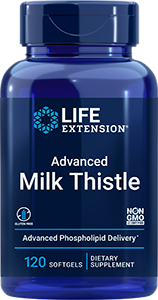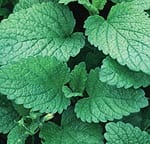Tuesday, January 19, 2016
A study reported in the journal Nutrients on January 4, 2016 found an association between total antioxidant capacity (TAC, a measure of antioxidants present in the diet) and reduced cardiovascular risk factors in adults residing in the U.S.
Researchers at the University of Connecticut analyzed data from 4,039 men and women enrolled in the National Health and Nutrition Examination Survey (NHANES) 2007-2012. Total antioxidant intake from food and dietary supplements was calculated from subject responses to two 24-hour dietary recall questionnaires.
Tea, antioxidant supplements, vegetables, orange juice, berries and wine were the top contributors to total antioxidant capacity. Among subjects who used antioxidant supplements, total antioxidant capacity was 1.6 times higher than nonusers. Supplemental vitamin C accounted for 28% of total TAC, vitamin E for 2.1%, and flavonoids for 1.2% among users. Supplement users also consumed more antioxidants from food in comparison with those who did not use supplements.
Increased TAC from diet and supplements was associated with significantly lower triglycerides, triglycerides to high-density lipoprotein (HDL) cholesterol ratio, insulin, HOMA-IR (which quantifies insulin resistance) and C-reactive protein, and an increase in high-density lipoprotein (HDL) cholesterol. In addition, higher TAC from supplements alone was associated with lower BMI.
"In the present study, antioxidant supplements were identified as a second top source contributing to TAC," note authors Kijoon Kim and colleagues. "The results obtained with TAC from both diet and supplements were different from the results obtained with TAC from diet only. When we considered TAC from both diet and supplements, we found an additional inverse association of TAC with insulin and HOMA-IR as well as the association of TAC with improved triglycerides, triglycerides/HDL-C ratio, CRP, and HDL-C. As vitamin C is a major contributor to TAC from supplements, this finding is supported by the report that vitamin C supplementation had beneficial effects on lowering fasting insulin levels by improving endothelium-dependent vasodilation in patients with non-insulin-dependent diabetes mellitus."
"Our findings support the hypothesis that an antioxidant-rich diet and intake of supplements are beneficial in reducing cardiovascular disease risk," they conclude. |














